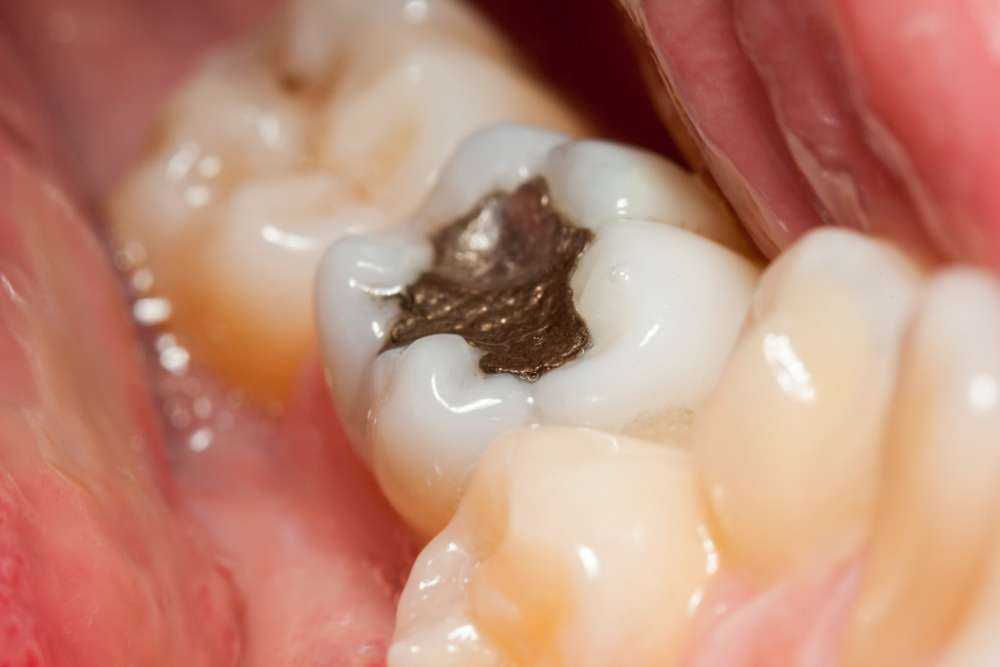By Dr. Matthew Weekes
October 23rd, 2013 Edition
Silver fillings have been used by dentists worldwide for the last 150 years on poste- rior and anterior teeth.
In the absence of a better substance, it was the standard material to fill these teeth to prevent the spread of decay resulting in loss of teeth.
These fillings are composed mainly of sil- ver powder and elemental mercury, sup- plemented by some other metals. When mixed together in the dental office the resultant putty is compacted tightly in the prepared area of the tooth from which the decay is removed. While still in the soft stage it is carved to restore the original outline form of the tooth. Within an hour it is hard enough for the patient to chew on it.
What is all the fuss about?
It is the ever increasing awareness of the harmful effects of mercury. Regardless of the beneficial applications of mercury, it is a poison in all its forms. Mercury exists in 3 forms. 1. Organic or methyl mercury sometimes found in fish. In recognition of its harmful effects, fish and shellfish are routinely tested for the existence of mercury. 2. Elemental mer- cury is a component of dental silver or amalgam fillings. This puts the spot light on the dental profession. There have been scientific tests and studies by Health Can- ada, FDA and CDC (Centre for disease control). They have concluded that the lev- els found do not pose a risk to the general public, except in a few cases where there might be hypersensitivity to any of the components. However it is now manda- tory for all dentists to install an amalgam separator connected to the office plumb- ing to prevent the mercury compound from getting in the water supply. 3. Other mercury compounds. These have varying amounts of mercury.
High exposure of any of these forms can adversely affect the health of a person. Some of the symptoms may be neurologi- cal, skin rashes, dermatitis and others.
Here is the good news.
The silver fillings are rapidly declining in use as a result of the introduction of tooth colored white fillings, which is a resin and does not contain mercury. It is esthetic with qualities similar to your natural teeth and durable.

